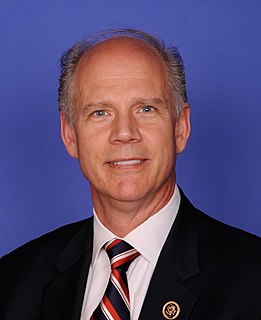A Quote by Kevin McDonald
So the laughs had to come from the character, not because we had balloons in our shirts or were speaking in high voices. That was very important to us.
Related Quotes
Those women who had gone out with Germans were grabbed and treated very badly, often shaved totally bald so that everyone could see who they were. Some were taken prisoners. There had been so much suffering during the war because of the betrayal of those collaborators, so many killed and hurt because of what they had done to families, that the mood for revenge against the traitors was very high. It was not right, but it was understandable.
I existed before Star Trek. I started in live television. I was there when the cameras were as big as a table, had internal fans that were whirring and tubes that, because of the heat, had to come right up to our face for a close-up. Now, we are talking about green screen and putting us in locations that we'll never visit. What has happened to us is a miracle, and the miracle is our inventiveness. The tragedy of our lives is also our inventiveness.
I realized the shells were talking in a voice I recognized. I should have; it was my own. Had I always known that? I suppose I had. On some level, unless we're mad, I think most of us know the various voices of our own imaginations. And of our memories, of course. They have voices, too. Ask anyone who has ever lost a limb or a child or a long-cherished dream. Ask anyone who blames himself for a bad decision, usually made in a raw instant (an instant that is most commonly red). Our memories have voices, too. Often sad ones that clamor like raised arms in the dark.
Howard Zinn helped us desegregate Atlanta. That was moving because he took a lot of abuse for that. He and Staughton Lynd, a fellow professor who was also from the North, stood with us. They were certainly behind us. In fact, they often stood in front of us. This had a huge impact on me. But one of the reasons I was very careful about speaking about the relationship I had with him and Staughton was because, in a racist society, if you acknowledge a deep love for and a deep debt owed to white teachers, they tend to discredit your own parents and your own community.
Historically, women's voices were central to food narratives, yet they were marginalized, and what happened at the table, the kitchen, the garden, and the fields was silenced. I'm very interested in how food appears in the historical record and animates our understanding of the South. It provides texture both to the past and to our contemporary experience. My work is not about discovering new voices, but rather it encourages voices that have been silenced to come forward and speak a little louder.
The faith in which I was brought up assured me that I was better than other people; I was saved, they were damned.... Our hymns were loaded with arrogance - self-congratulation on how cozy we were with the Almighty and what a high opinion he had of us, what hell everybody else would catch come Judgment Day.


































